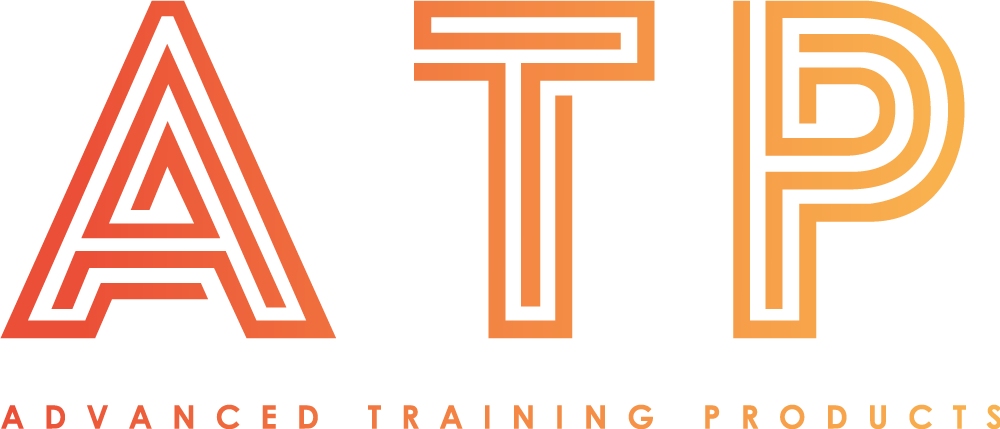Status: Legal
Information provided is current as of August 9, 2024, and companies are encouraged to consult with legal counsel on these types of complex matters.
Cannabis Legalization History
Medical Use
Legalized - 2012 (
Initiative 692)
*Revised in 2012 with Initiative 502
Possession/Personal Use Specifics
Adults can privately possess up to 1 ounce of marijuana for personal, 16 ounces of marijuana-infused products in edible form, and 72 ounces of marijuana products in liquid form. Cultivation is illegal for recreational, medical marijuana patients, registered with the state's program, can cultivate a limited number of plants for personal use with proper authorization.
Public consumption remains strictly prohibited, and utilizing marijuana in a moving vehicle incurs a traffic infraction.
State Regulatory Agency Information
State Forms (If Applicable)
State Testing Policy
General Information
While Washington doesn't mandate a formal drug-free workplace program, employers can incentivize participation through the Washington Drug-Free Workplace (WDFW) Program, offering workers' compensation premium discounts for implementing key components like education, EAPs, and supervisor training.
Remember, establishing robust documentation is a key risk mitigant for employers in states like Washington.
Safety-Sensitive Positions
Positions where impairment on the job presents a substantial risk of death.
Employers must identify these positions before accepting applications.
Privacy Laws
While Washington employers have broad leeway in conducting drug tests,
privacy laws dictate secure storage and disposal of samples, limited information sharing, and potential employee lawsuit risks if mishandling occurs.
Recommended Procedures
Does the state have recommended procedures?
It is always recommended to have standardized documentation and training procedures and regular employee evaluations to set clear performance expectations.
While Washington doesn't mandate a formal drug-free workplace program for private employers, they can incentivize participation through the WDFW Program.
State Employee Procedures and Policies
Prohibits drug use on the job, during work hours, and while in paid standby status. Employees must be fit to perform their duties and are subject to drug testing under specific conditions, such as reasonable suspicion or post-accident incidents. While the state has recently enacted protections for job applicants regarding pre-employment marijuana testing, these protections do not extend to current employees.
Protections for Use Outside Workplace/Work Hours
Is Washington a "Right to Weed State"?
Washington State
protects job applicants from being fired based on pre-employment marijuana drug test results, but employees can still be terminated for positive drug tests under specific workplace conditions.
More Detailed Information
State Requirements for Drug & Alcohol Testing Program
Testing Policy Requirements
Main Requirement
While Washington employers generally have leeway in drug testing practices for safety positions or suspected on the job impairment based on reasonable suspicion and following legal guidelines, they now face limitations when it comes to new hires and off duty activities for most positions. Thanks to recent legislation, employers cannot reject applicants solely based on pre-employment marijuana tests unless the role is safety sensitive or mandates a federal background check.

